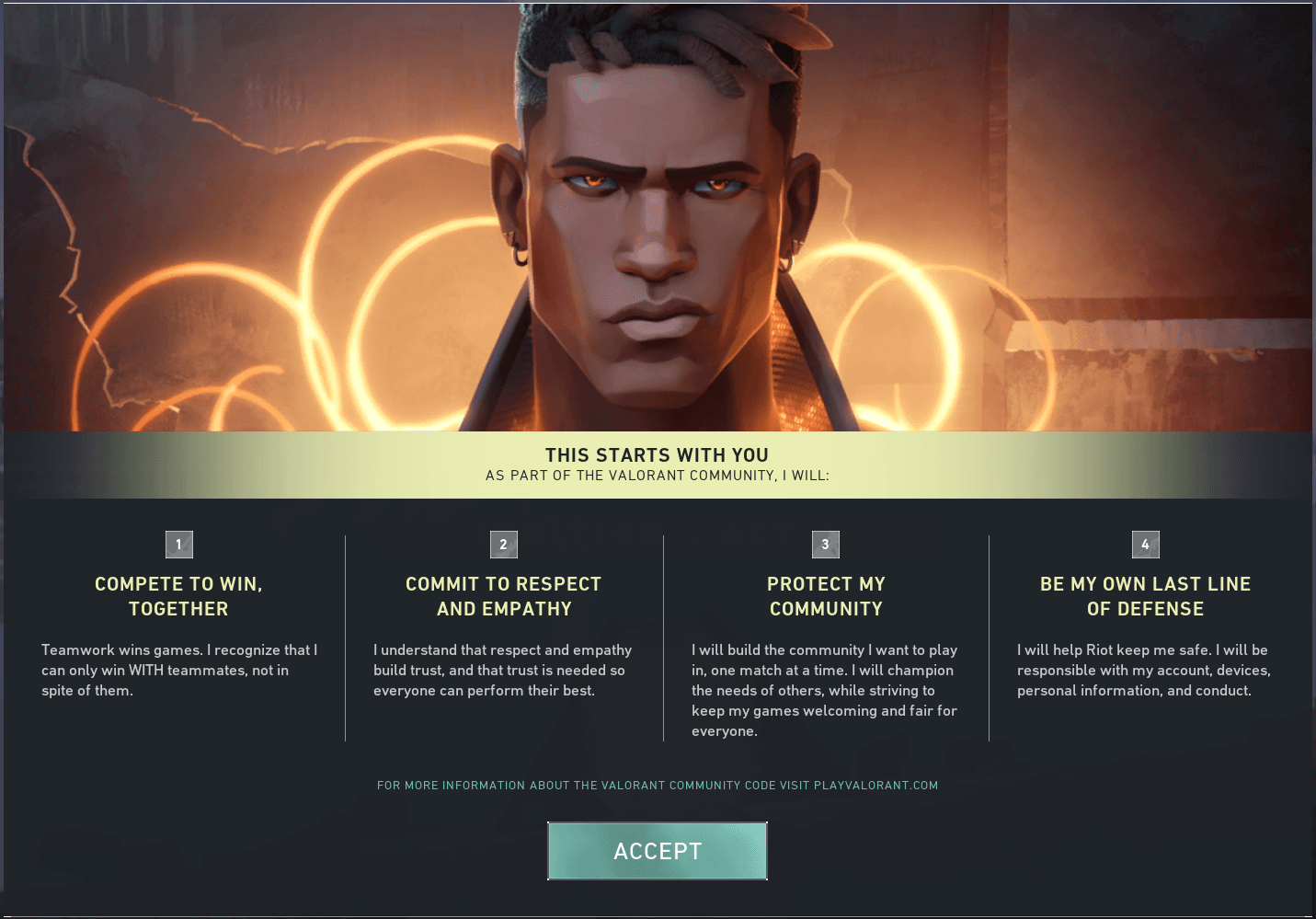

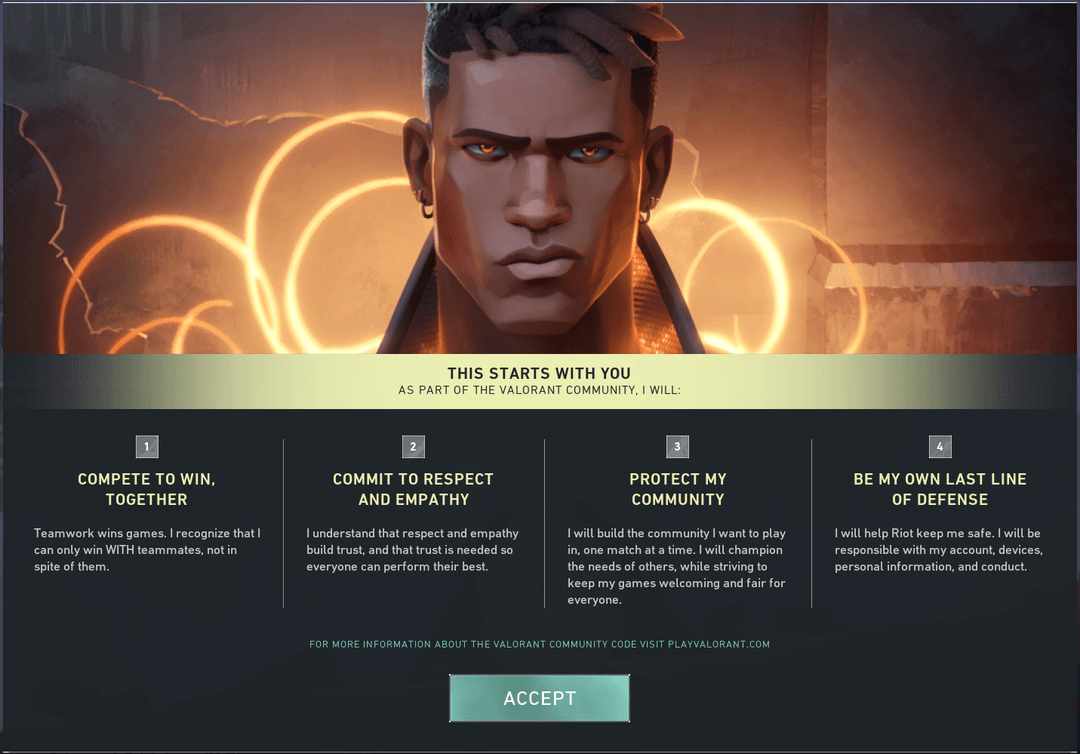
Valorant is fun, stylish, and demands precision. But what happens when someone steps out of line? That's where Riot Games' Valorant ban system comes in, a necessary guardian of fair play. Getting hit with a penalty isn't simply a warning. It can mean serious downtime, or worse, a permanent ban.
Understanding how bans work, from queue restrictions to the dreaded hardware ban (HWID ban), is key to avoiding trouble and appreciating the ecosystem Riot is trying to build, especially within the competitive esports scene.
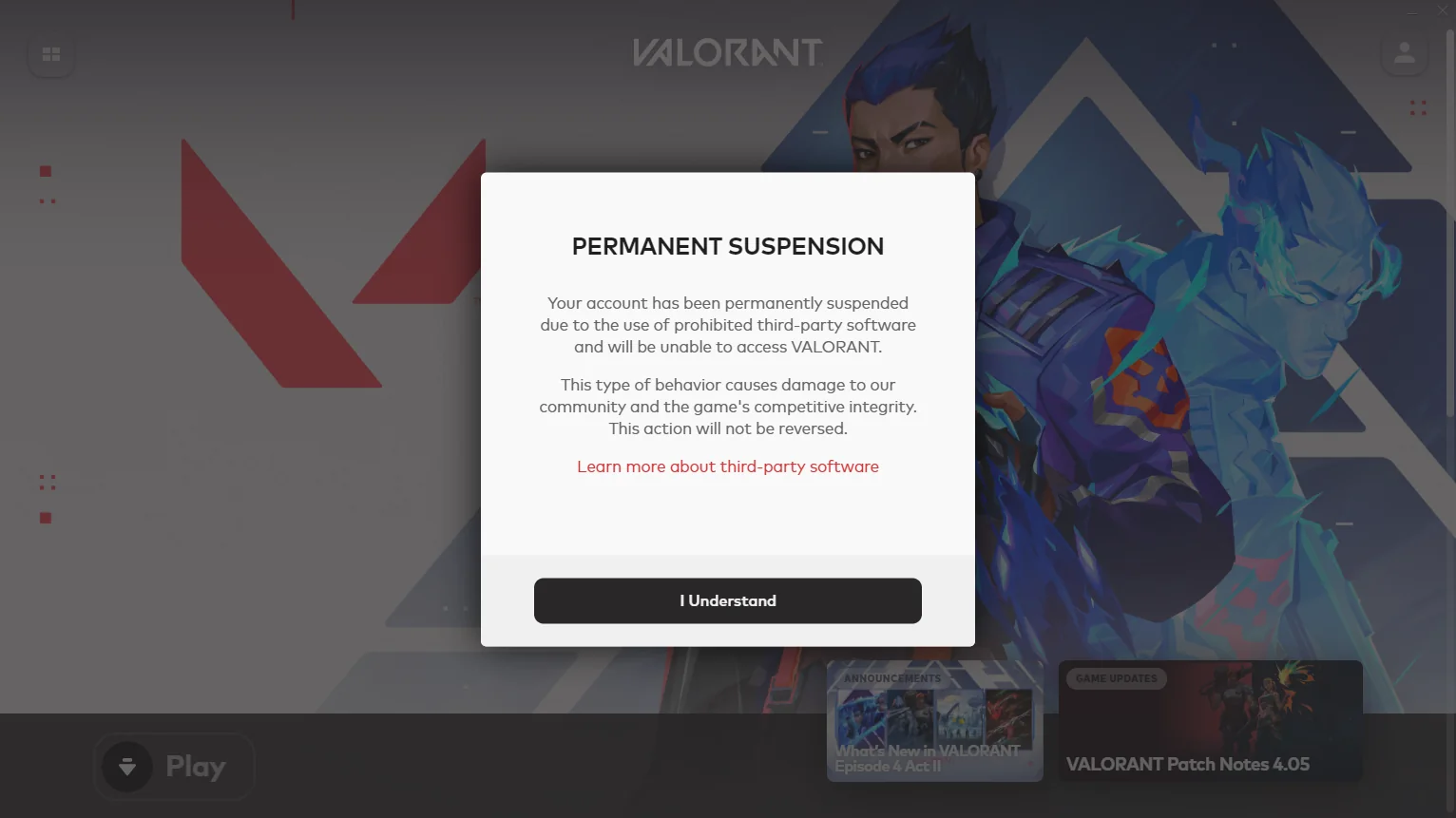
Riot Games doesn’t hand out bans lightly, but they have a clear stance against behaviour that ruins the experience for others. The detection methods are varied, relying on automated systems like Vanguard for cheat detection, player reports, and chat analysis for toxicity. Let's break down the main offenses that can get you banned from Valorant.
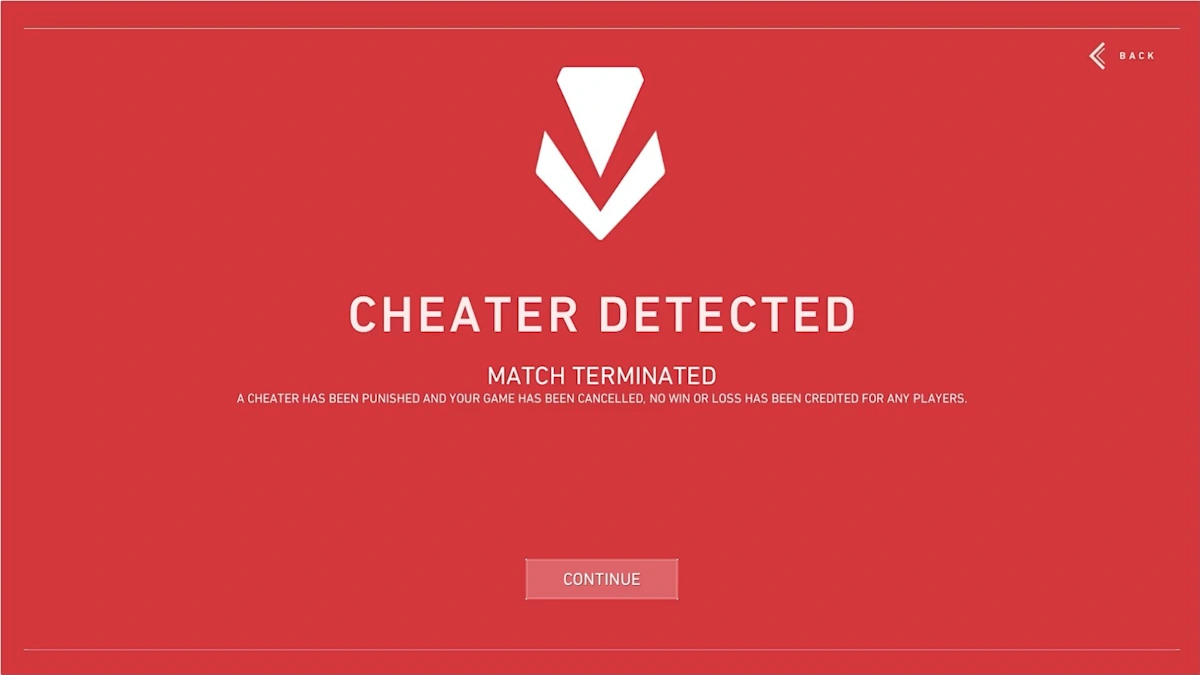
This is the big one. Using third-party software like aimbots, wallhacks, or trigger bots fundamentally breaks the game. Riot Games employs its proprietary anti-cheat software, Vanguard, which runs at a deep system level to detect unauthorized programs messing with the game client.
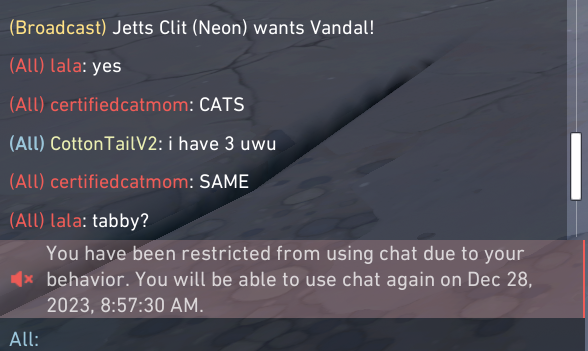
Valorant is team-based, and clear communication is vital. But trash talk can quickly turn into harassment, hate speech, or disruptive behaviour. Riot monitors both text and voice chat (if enabled) for toxic players.
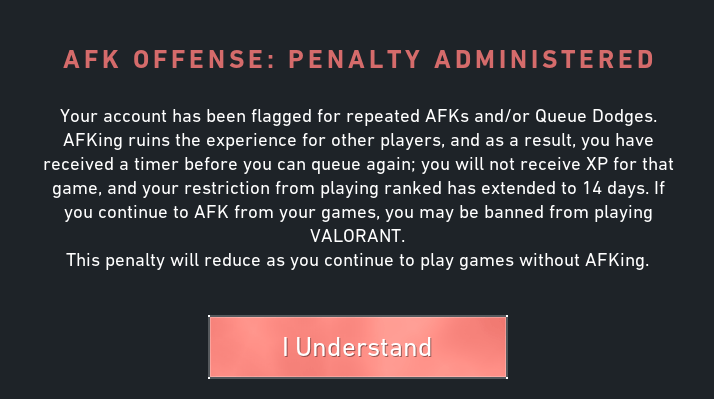
We've all been there: someone disconnects mid-match, or a player bails during agent select. Going AFK (Away From Keyboard) or repeatedly queue dodging disrupts the game for nine other people.
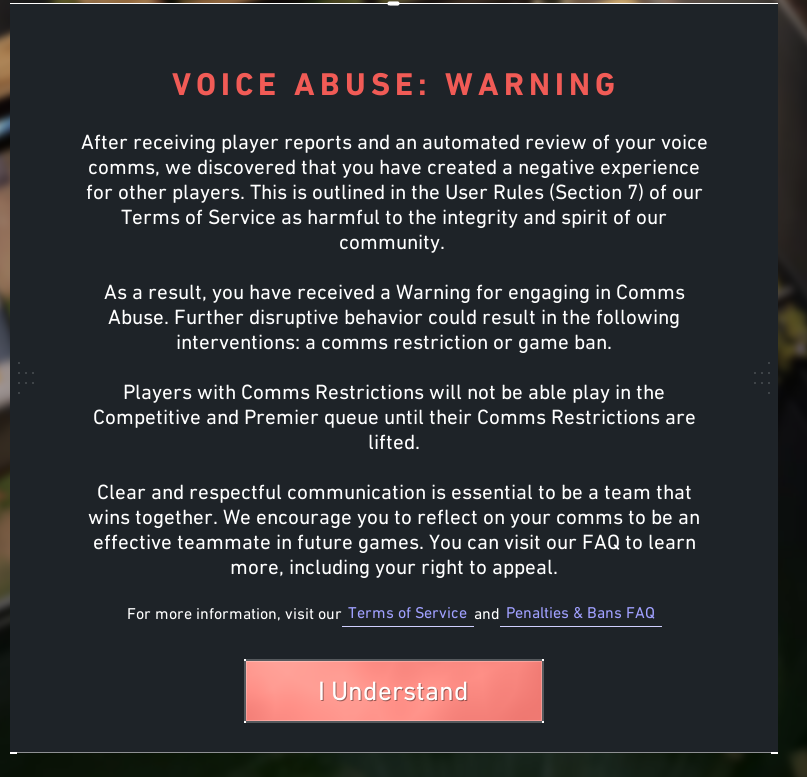
While occasional accidental friendly fire might occur (we're all human!), intentionally damaging teammates is a fast track to penalties.
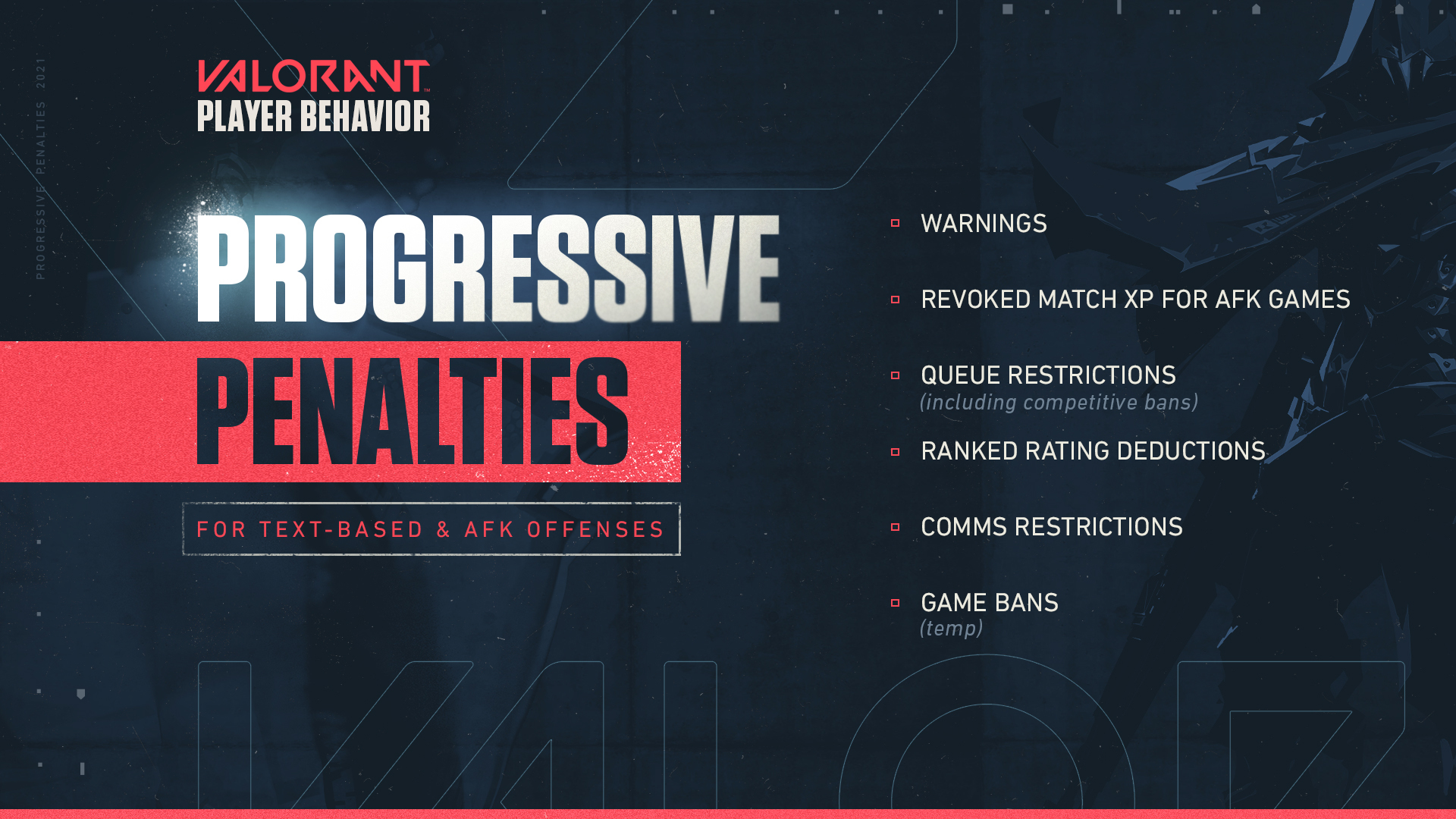
Valorant employs a variety of penalties in place, and they aren't always linear. You won't necessarily receive every penalty type before hitting a major one. The system considers the severity of the offense and the player's behavior history. Penalties are applied in response to the severity of the offense and the agent's behavior.
Here's a general idea of how things can progress:
It's crucial to understand that penalties escalate. What starts as a minor chat restriction for toxicity can, with continued bad behavior, eventually lead to being permanently banned. Riot Games clarifies that the penalty system punishes disruptive actions and encourages best behavior.
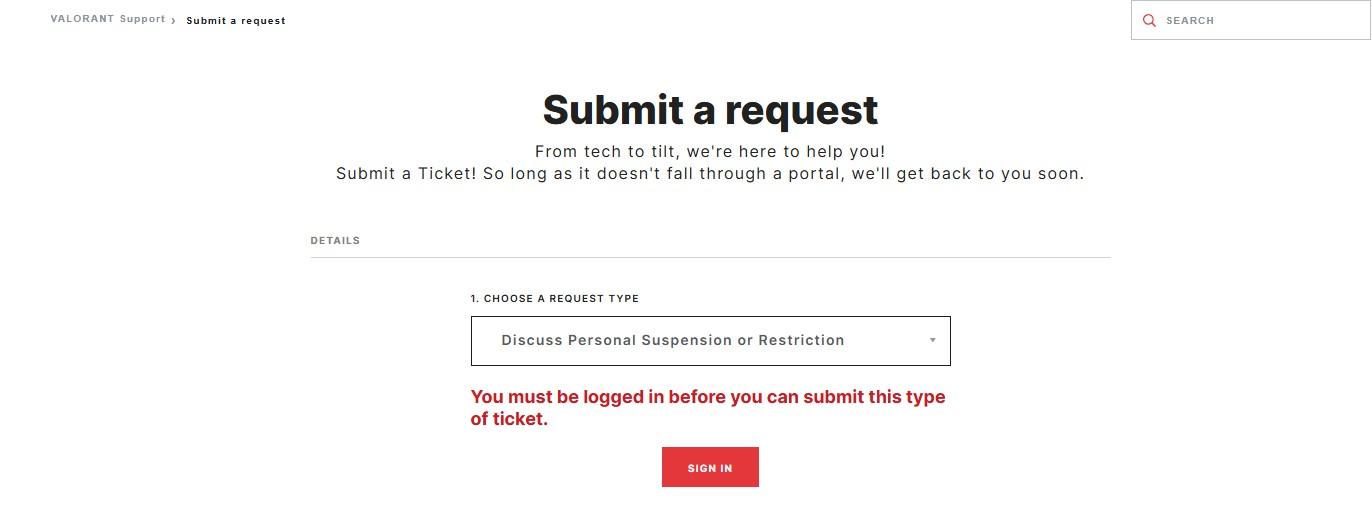
If you believe you've been unfairly banned, there is recourse. You can appeal the decision by contacting Valorant support (or Riot support).
You'll typically need to submit a ticket through the official Valorant support website. Be prepared to provide details about your situation.
Chances of Success, honestly? Getting unbanned, especially from cheating or HWID bans, is difficult. Riot generally considers Vanguard detections reliable. Appeals for toxicity or AFK bans might succeed more if you demonstrate a misunderstanding or genuine improvement in behaviour, but repeat offenses severely hurt your case. The ban system is designed to be robust.
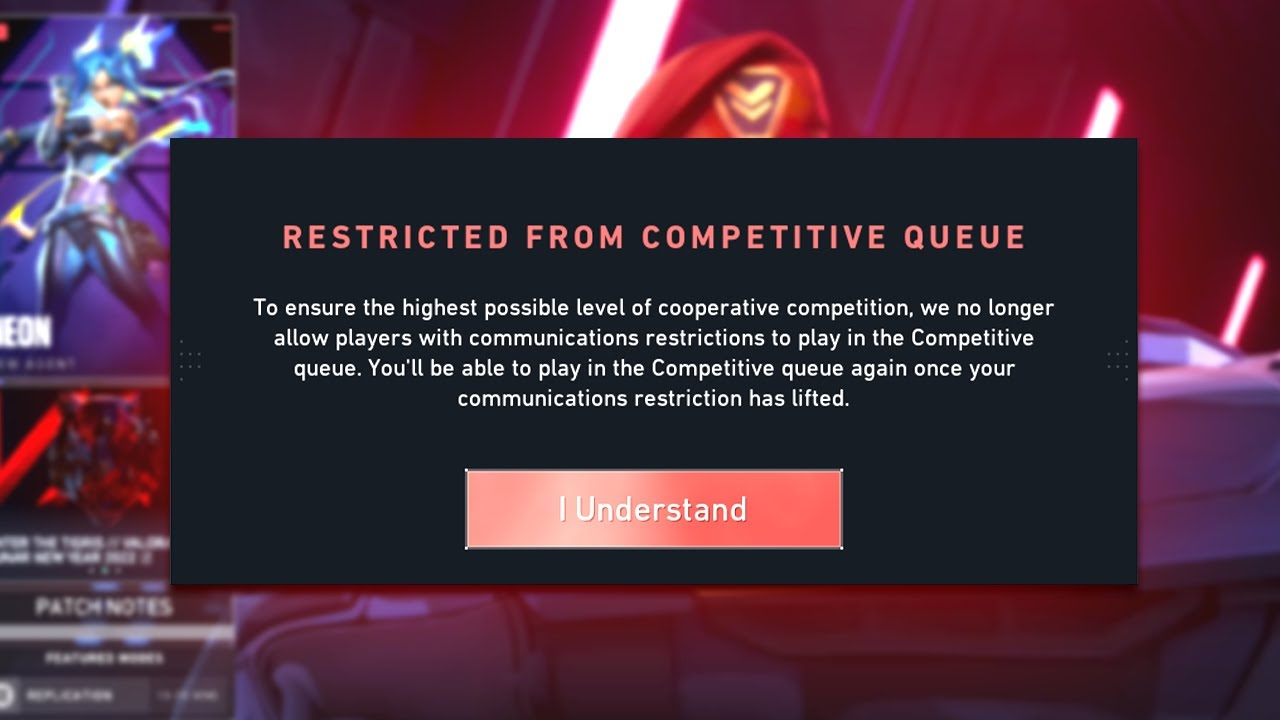
Ultimately, the Valorant ban system maintains a competitive and enjoyable environment for everyone. Integrity matters from casual play to the highest levels of esports. Avoiding cheats, communicating respectfully, and committing to the match (queue up, play it out) are fundamental. This is the way: understand the rules, play fair, and focus on improving your Valorant skill level.